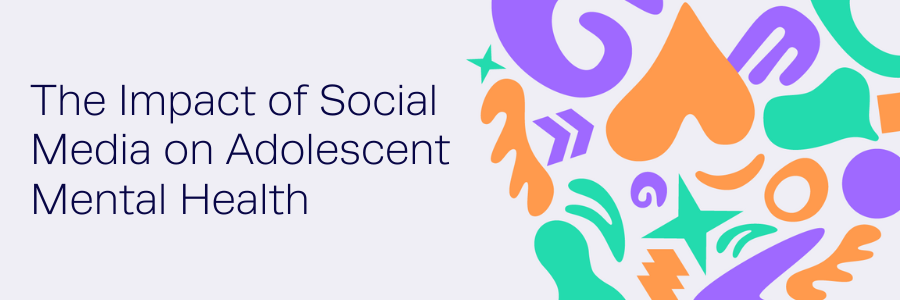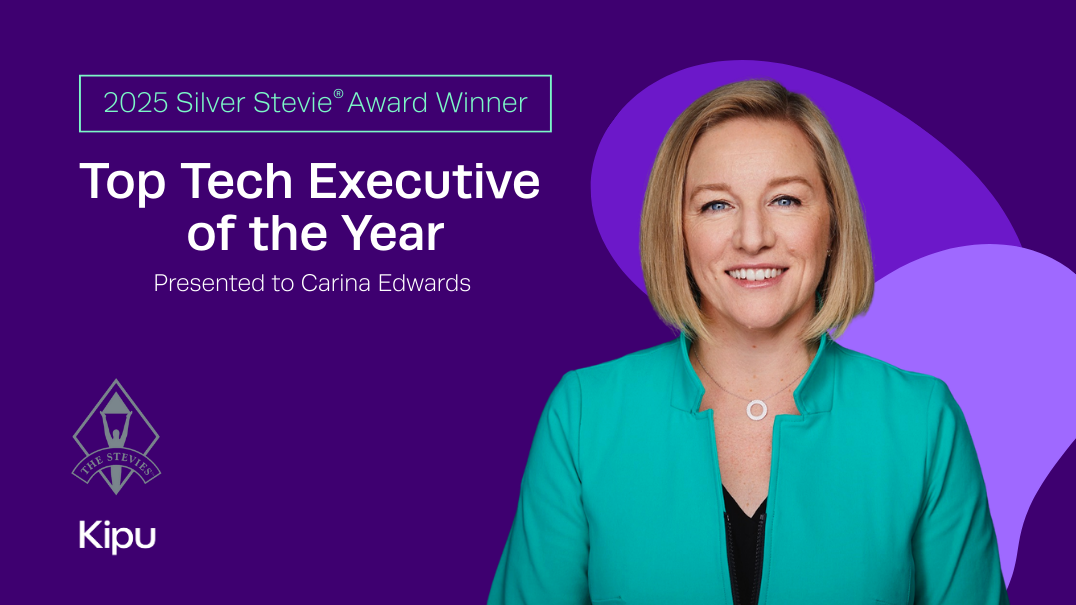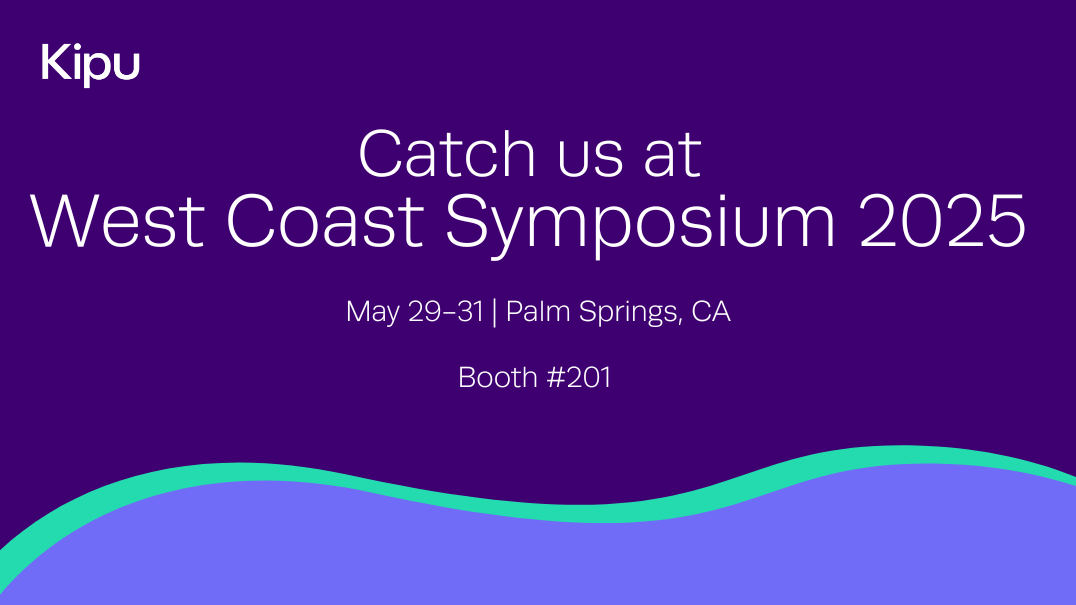The Impact of Social Media on Adolescent Mental Health

Social media is a big deal for today’s teens. You’ve got Facebook, Instagram, Twitter, Snapchat, and TikTok – all offering chances to connect, express yourself, and have a good time. But here’s the thing: parents are getting worried about the negative effects on their teens’ mental health. So, in this blog, we’re going to dive into how social media is giving teens some mental health highs and lows.
The Positive Aspects of Social Media
- Social Connection: Social media allows adolescents to connect with friends and family no matter where they are in the world. This connectivity can reduce feelings of loneliness and provide a sense of belonging. According to a 2021 Pew Research Center survey, 81% of teens in the United States use social media to connect with friends and family members they don’t see in person regularly.
- Information and Support: Platforms like YouTube and Instagram can be sources of valuable information and support for adolescents facing various challenges, such as mental health issues, LGBTQAI+ identity, or academic stress. A study published in the Journal of Adolescent Health found that 90% of adolescents surveyed reported using the Internet to seek health information, including mental health support.
- Self-Expression: Social media provides an outlet for self-expression through photos, videos, and posts. This creative outlet can boost self-esteem and confidence.
- Social Awareness: Teens can use social media to raise awareness about important issues, such as climate change, social justice, and mental health stigma, empowering them to become more socially conscious.
The Negative Aspects of Social Media
- Cyberbullying: The anonymity of the internet can encourage cyberbullying, which can have severe psychological consequences for adolescents. Online harassment can lead to anxiety, depression, and even suicidal thoughts. The National Center for Education Statistics reported that during the 2018-2019 school year, approximately 20% of U.S. students aged 12-18 experienced some form of bullying, and a significant portion of this bullying occurs online through social media.
- Comparison and Low Self-Esteem: Adolescents often compare themselves to others on social media, leading to feelings of inadequacy. The curated, idealized lives presented on these platforms can erode self-esteem. A study published in the journal JAMA Pediatrics found that higher social media use was significantly associated with increased odds of high depressive symptoms among adolescents.
- Fear of Missing Out (FOMO): Constant exposure to peers’ exciting activities and achievements can trigger FOMO, causing anxiety and stress when adolescents feel left out. A survey by the Royal Society for Public Health in the UK found that Instagram, in particular, had the most negative impact on mental health among young people, with FOMO being a major contributor.
- Sleep Disturbances: Excessive use of social media, especially before bedtime, can interfere with sleep patterns, leading to sleep deprivation. Poor sleep is linked to various mental health issues. The National Sleep Foundation found that 95% of people aged 13-18 reported using electronic devices, including social media, before bedtime, leading to sleep disturbances and lower overall sleep quality.
- Validation Seeking: The pursuit of likes, comments, and followers can create a dependence on external validation, making adolescents vulnerable to mood swings and anxiety when their posts don’t receive the expected response. The American Psychological Association reported that the pursuit of social media likes and comments can lead to addictive behavior, with 65% of Americans agreeing that taking breaks from social media would improve their overall mental health.
- Filter Bubbles: Social media algorithms often show users content that aligns with their existing beliefs and interests, reinforcing echo chambers and limiting exposure to diverse perspectives, which can contribute to polarization and stress. A survey by the Pew Research Center revealed that 64% of Americans believe fake news has caused “a great deal” of confusion about basic facts of current events, in part due to the echo chamber effect of social media.
- Privacy Concerns: The sharing of personal information and experiences online can lead to privacy breaches and potential harm, causing anxiety and paranoia among adolescents. According to a study by Common Sense Media, 79% of parents are concerned about their children’s privacy on social media, with 53% of teens reporting that they are at least sometimes concerned about the privacy of their own information.
Tips for Promoting Positive Social Media Use
- Set Boundaries: Encourage adolescents to establish healthy boundaries for social media use, including screen-free times and places, to prevent excessive usage.
- Educate About Cyberbullying: Teach teens about the importance of reporting and blocking cyberbullies and remind them that they can seek help from trusted adults.
- Digital Detox: Periodically disconnecting from social media can reduce stress and improve mental well-being. Encourage teens to engage in offline activities they enjoy.
- Promote Critical Thinking: Help adolescents develop critical thinking skills to discern between fact and misinformation and to question the authenticity of content they encounter.
- Encourage Open Communication: Foster an environment where adolescents feel comfortable discussing their online experiences and any challenges they encounter on social media.
Social media is like a two-sided coin when it comes to teen mental health. On one side, there are benefits, but the latter includes some serious risks. That’s why it’s essential for parents, teachers, and mental health pros to be in the know and team up to help teens use social media in a smart and healthy way. With the right support and information, teens can harness the positive aspects of social media while mitigating its negative impact on their mental well-being.
Rely on Kipu to keep you ahead of change.
Subscribe to Kipu for behavioral health news, updates, community celebration, and product announcements.





